KYIV. Sept 1 (Interfax-Ukraine) – The business activity expectations index (BAEI), calculated by the National Bank of Ukraine (NBU) on a scale from zero to 100, rose to 49.3 points in August from 48.8 in July, coming close to its neutral level of 50 points, which it reached in April-June, reaching values from 50.5 to 51.5 points.
“Persistently high security risks, limited logistical capabilities for exporting, falling exports, more damage to infrastructure, higher fuel prices, and the slow recovery of the labor market are restraining companies’ economic activity, while also adversely affecting respondents’ expectations,” the central bank said.
In August the assessments of the situation improved slightly in trade and industry: from 51.6 to 52.5 points and from 48.2 to 48.8 points, respectively.
In particular, trading companies have reported a positive economic outlook for six months running on the back of constant domestic demand, the stable operation of the energy system, and improved inflation and exchange rate expectations.
Respondents continued to expect a rise in their trade turnovers, the amount of goods purchased for sale, the prices of goods purchased for sale, while also expecting weaker growth in purchase prices. Companies noticeably improved their views about their stocks of goods for sale and continued to declare intentions to cut their trade margins.
Industrial companies expected a rise in stocks of raw materials and supplies, the number of new orders, the amount of manufactured goods, and in finished goods stocks. In contrast, respondents expected a decrease in the number of new export orders, while also reporting more pessimistic views about the amount of unfinished products.
As the National Bank said, Construction companies have reported a positive economic outlook for four months running due to the restored production of construction materials, budgetary financing for the construction and restoration of housing/infrastructure, and seasonal factors. The DI was 51.0 in August, down from 51.6 in July. Respondents continued to expect an increase in construction volumes, the number of new orders and in purchases of raw materials and supplies. Respondents reported weaker expectations of a rise in purchases of contractor services and in the cost of these services. Meanwhile, companies downgraded their expectations of the availability of contractors.
Services companies have, for four months running, reported the most guarded performance expectations compared to other sectors because of the ongoing blockade of the grain corridor, households’ weak purchasing power and depressed demand: the sectoral ID remained at 47.3.
Respondents remained downbeat about the amount of services provided and the number of new orders for services, while expecting a slight increase in the amount of services that are being provided. Although some companies softened their views, respondents continued to report expectations of a rise in purchase prices, while also declaring intentions to raise their selling prices.
Employment expectations were guarded. As in July, only trading companies declared intentions to hire more staff. Meanwhile, construction companies did not expect any changes. Conversely, industrial and services companies reported stronger intentions to cut their workforces.
The NBU said that this survey was carried out from August 3 through August 23, 2023. A total of 494 companies were polled. Of the companies polled, 43.5% are industrial companies, 29.4% services companies, 21.9% trading companies, and 5.3% construction companies; 32.2% of the respondents are large companies, 29.8% medium companies, and 38.1% small companies.
At the same time, out of the surveyed companies, 31.2% are both exporters and importers, 7.7% are exporters only, 17.4% are importers only, and 43.7% are neither exporters nor importers.
